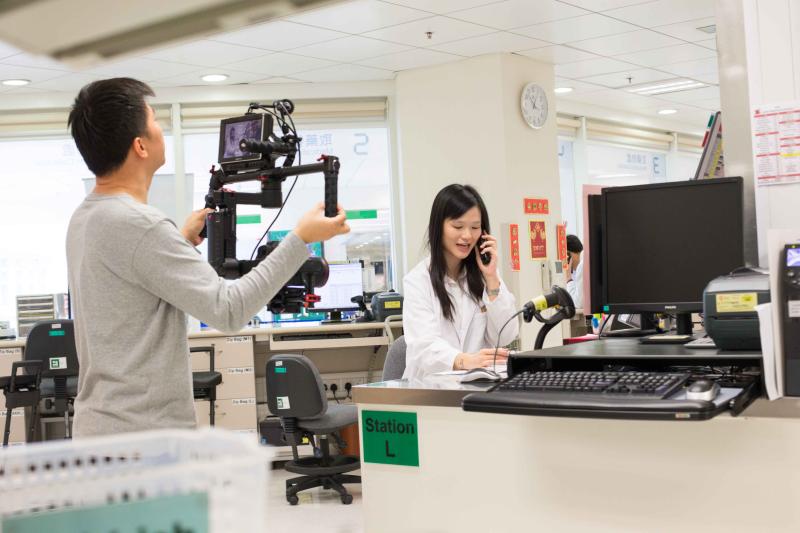 A clinical pharmacist discussed the case with a doctor by telephone.
A clinical pharmacist discussed the case with a doctor by telephone.A clinical pharmacist doing rounds of Acute Care for Elderly (ACE) significantly increases recommendations for drug changes, most notably for potentially inappropriate medications (PIMs), which have been generally accepted by physicians, according to a study.
A total of 588 patients (mean age, 81.2 years; 54.9 percent female; 79.8 percent white) met the ACE inclusion criteria, with 1,243 pharmacy recommendations recorded.
Recommendations for each patient saw an increase from a median of 1 (range, 1–7) in the preintervention to 2 (range, 1–13) in the postintervention period (incidence rate ratio, 1.25, 95 percent confidence interval, 1.10–1.40). Recommendations by clinical pharmacists were primarily categorized as follows: dose adjustment, avoidance of inappropriate therapy and prevention of adverse drug events.
The postintervention period was marked by an increase in recommendations among analgesics (from 3.7 percent to 7.5 percent), PIMS (from 12 percent to 14 percent) and antidepressant/antipsychotics (from 1.9 percent to 6.0 percent). The acceptance rate of these recommendations by physicians was comparable (86.5 percent vs 84.4 percent).
“The integration of a clinical pharmacist requires significant dedicated time but leads to increased recognition of drug-related problems in the acute-care setting, resulting in improved patient outcomes,” the authors said.
This study described the implementation and impact of proactively involving a clinical pharmacist into interdisciplinary ACE rounds at a teaching hospital. The authors conducted pre- and postanalyses 6 months before and 12 months after the intervention. Then, they reported the total number, type and frequency of recommendations made by the clinical pharmacist, the acceptance rate by the physician, and interventions on PIMs.